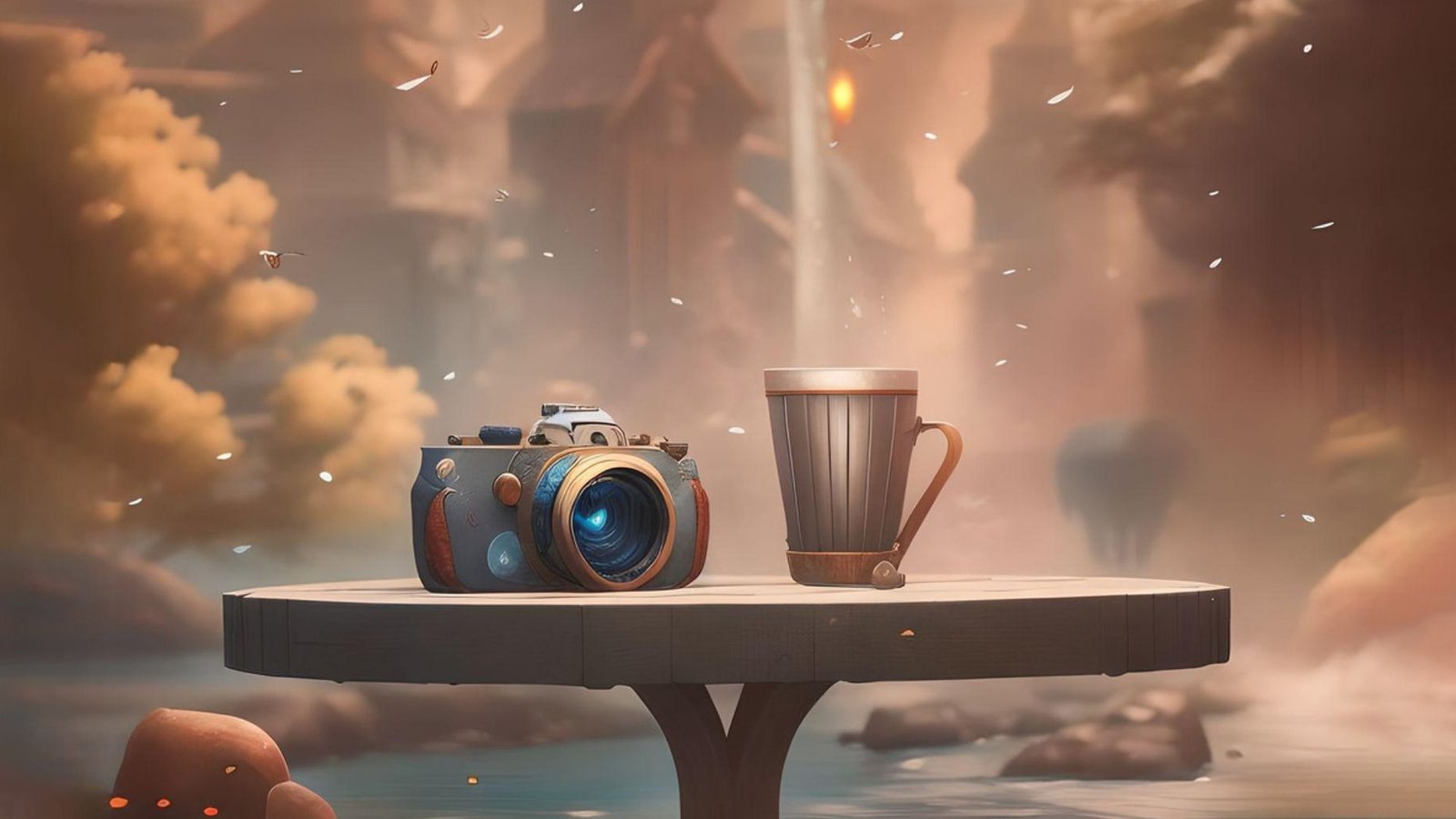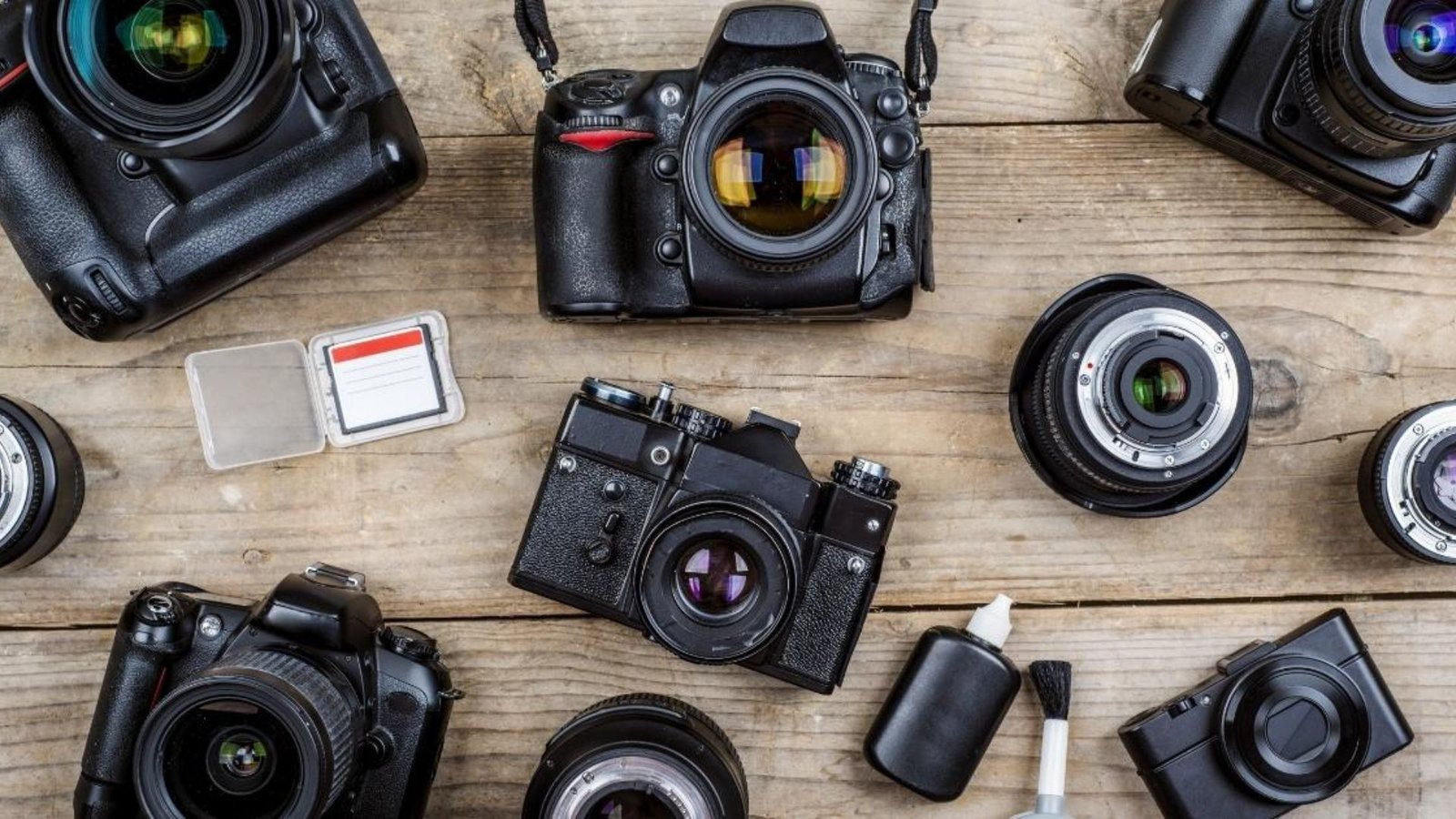Artificial Intelligence (AI) is revolutionizing the field of photography, offering new tools and techniques that enhance the creative process and improve image quality. From intelligent editing software to AI-driven camera features, these advancements are making photography more accessible and allowing photographers to push the boundaries of their craft. Here’s how AI is changing the landscape of photography.

AI-Powered Editing Tools
AI has significantly streamlined the photo editing process. Tools like Adobe Photoshop, Lightroom, and Luminar Neo use AI algorithms to automatically adjust lighting, color balance, and sharpness. These tools can even remove unwanted objects or enhance specific areas of a photo with minimal manual input. AI-driven features such as sky replacement, portrait retouching, and style transfers allow photographers to achieve professional-grade edits quickly and efficiently.
Enhanced Camera Features
Modern cameras, especially smartphones, are increasingly incorporating AI to enhance photography. AI improves autofocus, subject detection, and exposure settings, ensuring that images are crisp and well-lit. Scene recognition, another AI feature, allows cameras to automatically adjust settings based on the detected scene, whether it’s a landscape, portrait, or night shot. This technology makes it easier for both amateurs and professionals to capture high-quality images without extensive technical knowledge.
Computational Photography
AI plays a crucial role in computational photography, which involves using algorithms to improve and enhance photos. This technology is particularly evident in smartphones, where multiple images are combined to create a single, high-quality photo. Features like HDR (High Dynamic Range), portrait mode, and night mode rely on AI to deliver stunning results that were previously difficult to achieve with traditional cameras.
Automated Curation and Organization
AI is also transforming the way photographers manage their collections. AI-powered software can automatically tag, categorize, and organize photos based on content, location, and even the emotions depicted in the images. This automation saves time and helps photographers easily locate specific photos within large collections. Additionally, AI can assist in curating the best images by identifying those with the best composition, lighting, and clarity.
Creative Possibilities with AI
AI is opening up new creative possibilities for photographers. Generative AI, for example, allows for the creation of entirely new images based on a set of parameters or by combining elements from existing photos. This technology is being used to create digital art, enhance visual storytelling, and even produce realistic images that don’t exist in reality. AI tools also enable photographers to experiment with different styles and effects, expanding their creative toolkit.
Ethical Considerations
As AI becomes more integrated into photography, it raises ethical questions about authenticity and the role of the photographer. The ability to manipulate images so easily with AI can blur the line between reality and fiction. Photographers must navigate these challenges and consider the implications of AI on their work and the industry as a whole.
Conclusion
Artificial intelligence is transforming photography by automating editing processes, enhancing camera capabilities, and opening up new creative avenues. While AI offers incredible tools for photographers, it also introduces challenges that require careful consideration. As AI continues to evolve, it will undoubtedly shape the future of photography in exciting and unpredictable ways.









